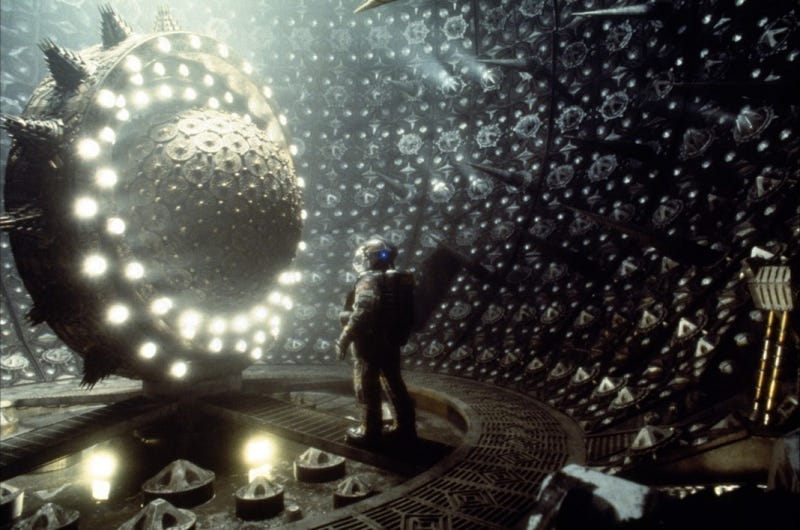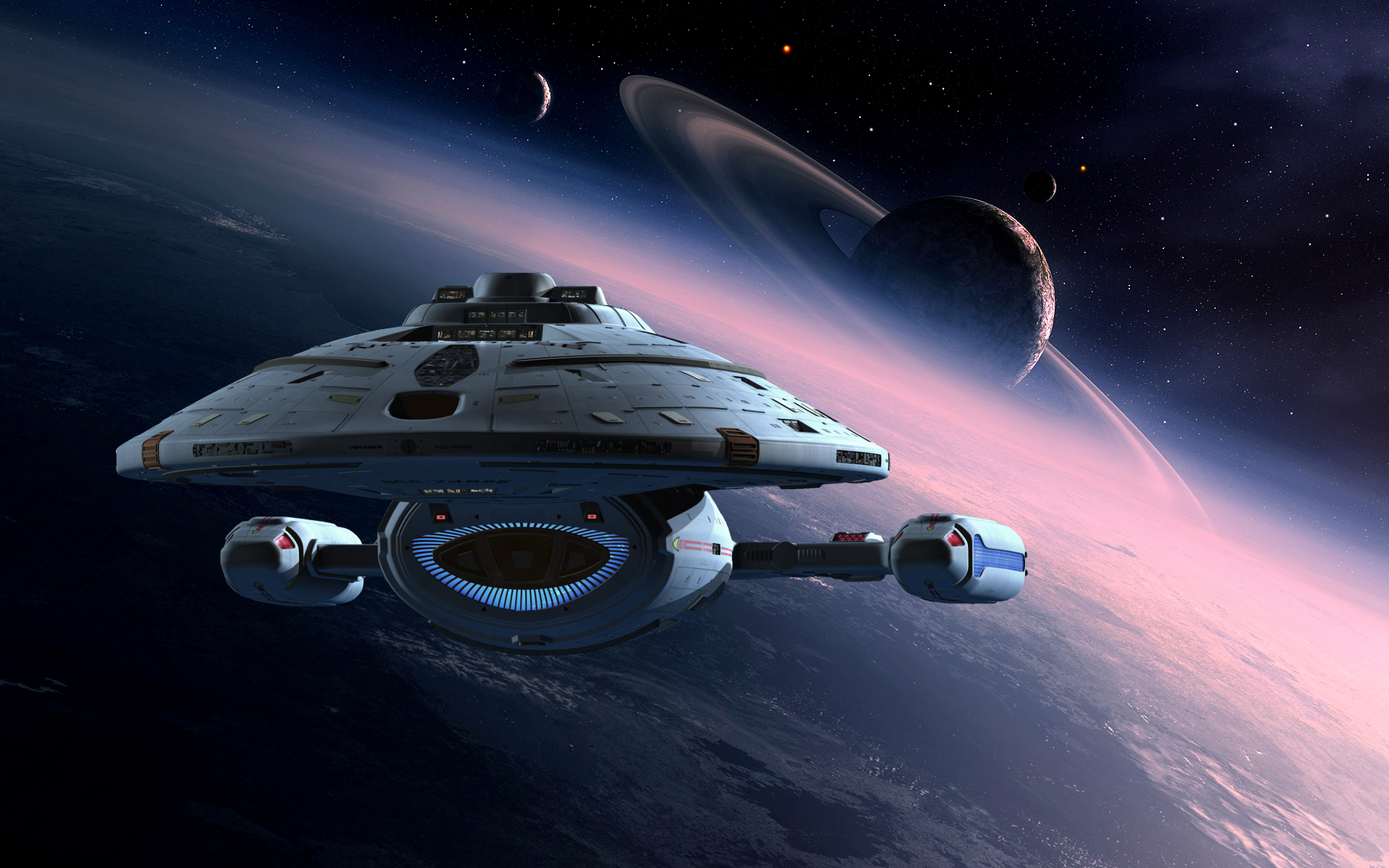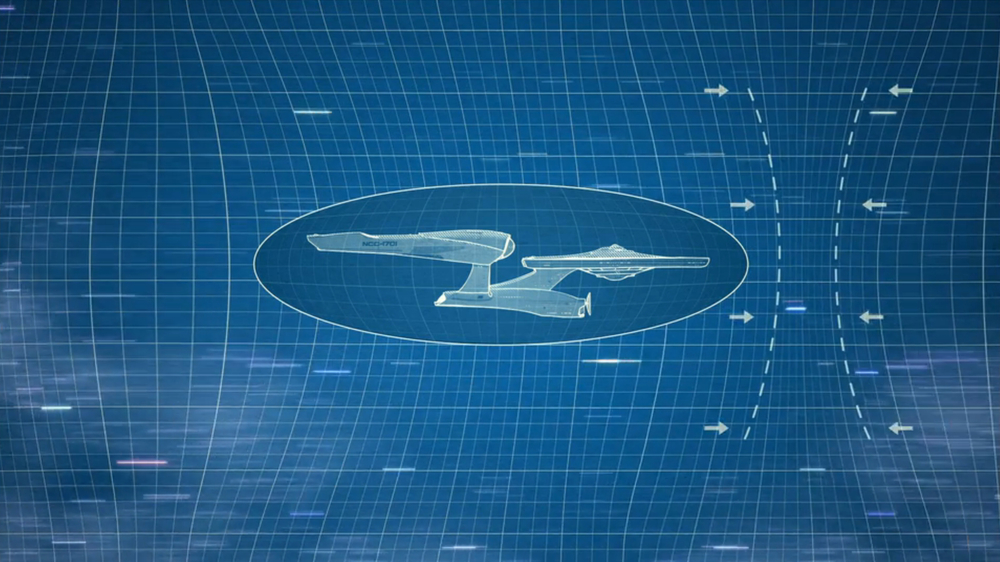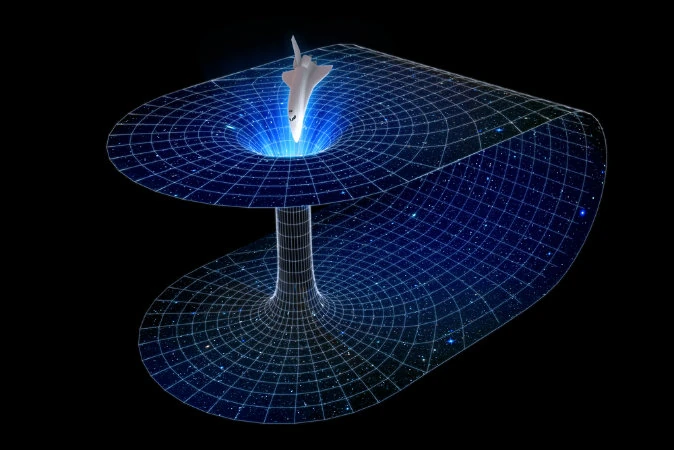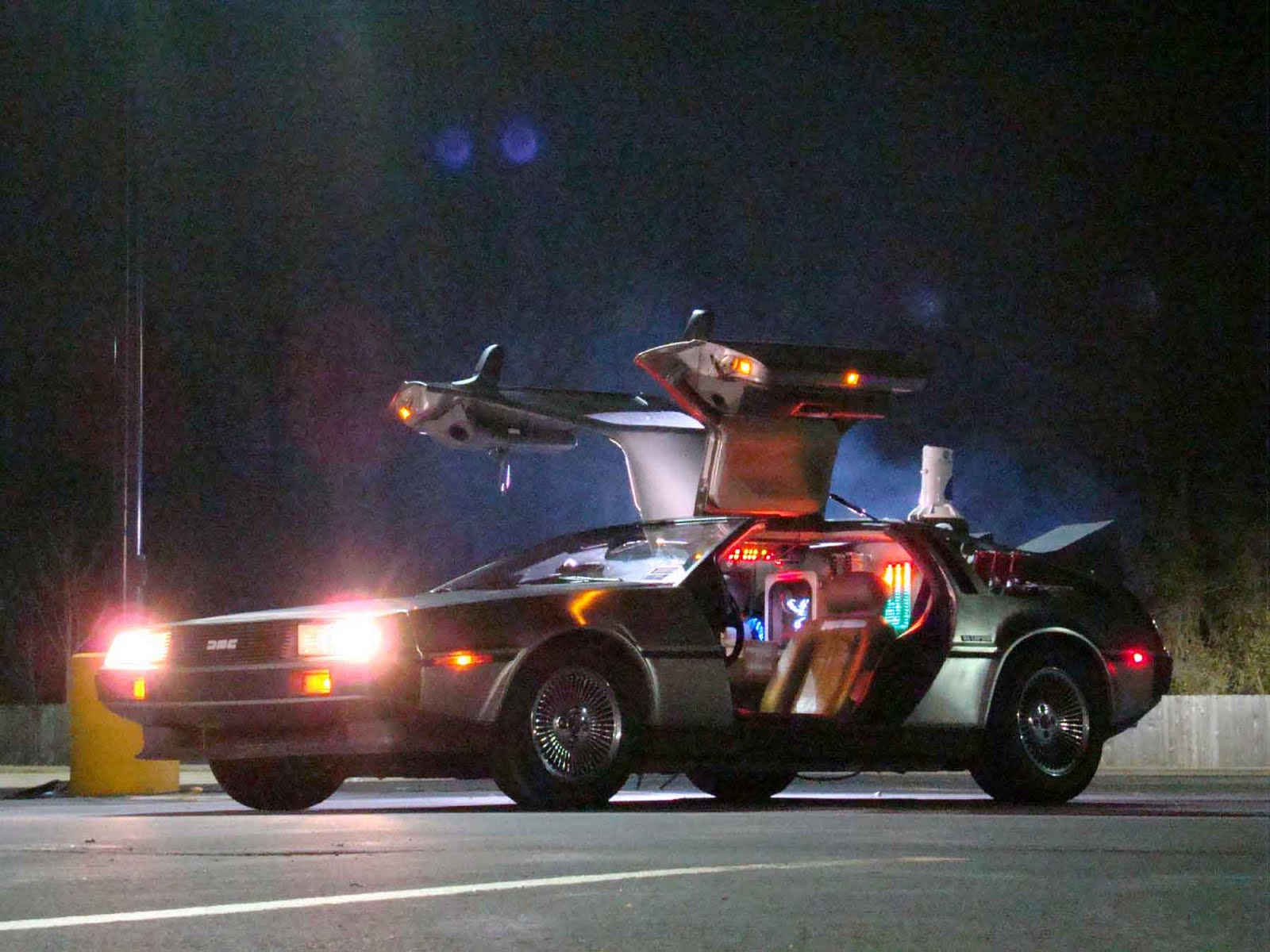Imagine if it took months or years to reach the nearest planet. Imagine if it would take tens of thousands of years to reach the nearest star system. And remember that you would have to take everything with you. Your fuel and your food. Your medical supplies. Everything.
That's the reality. Some SciFi adventures have taken place entirely in our solar system.
2001: A Space Odyssey
War of the Worlds
Event Horizon - kinda - it seems that they went to hell or hell went to them.
Apollo 13 - definitely fiction
But we know that there is no other intelligent life in this system so we have to venture far away to other solar systems in our galaxy to see other life. BUT we have to break laws of physics and invent new technologies in order to go so far.
Dr. Who built a time machine inside a police box
You could be aboard a living ship called Moya in Farscape.
You could make the jump to light speed using the hyperdrive on the Millennium Falcon in Star Wars.
You could leap from one place to another in the universe using a pair of Stargates
You could "make it so" aboard the Enterprise D at Warp factor 11.
You could get lost on the other side of the galaxy through a spacetime accident and be assimilated by the Borg in Star Trek Voyager.
You could even park a space station at the edge of a wormhole ala Star Trek Deep Space Nine.
A Star Trek warp bubble
Wormholes and Stargates warp space and time
The DeLorean is real. I've seen it in Etna.
That which was future is now the present.
These imaginary fictional travels are great for imagination. They allow us to project our minds to other systems, other times, other worlds. And they allow the writers to advocate against the stupidity of racism and other social problems all around us. Star Trek was written and produced in the mid 1960s during the cold war and civil rights movement in the US.
The Original Series included a black woman, a Russian, an Asian, and a Vulcan as main characters. It wasn't just a science fiction series.
Whether making social statements or just telling stories of far-flung travel among the stars, science fiction twists real science in such a way that it becomes unrecognizable. They sometimes use real science terms and turn them in on themselves like a black holes turns spacetime in on itself. But they're fascinating. All of them. Where else can you get beyond cutting edge technology and interspecies collaboration all wrapped up in an adventure story?
And I didn't even include subjects like matter-antimatter drives and transporters. I'll save that for next time. More Einstein and the famousest equation in the universe.




